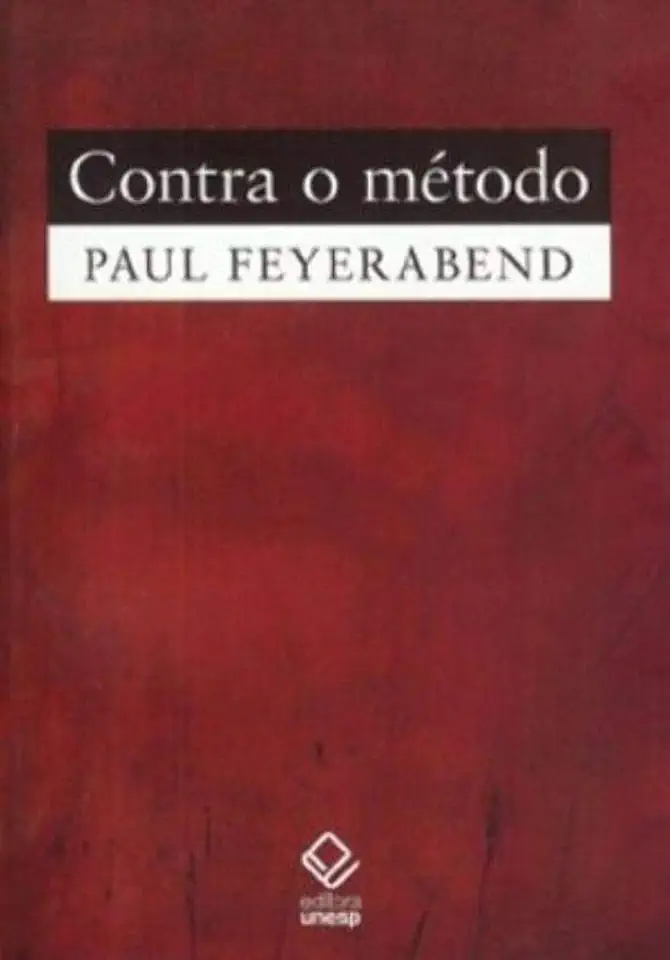
Against Method - Paul Feyerabend
Against Method: Outline of an Anarchistic Theory of Knowledge
In his seminal work, "Against Method", Paul Feyerabend argues against the idea that there is a single, universal method for acquiring knowledge. Instead, he proposes an anarchistic epistemology that embraces a diversity of methods and approaches. Feyerabend's book is a powerful critique of traditional scientific methodology and a call for a more open and flexible approach to knowledge production.
Key Themes
The Rejection of Methodological Monism
Feyerabend begins by rejecting the idea that there is a single, universally applicable method for acquiring knowledge. He argues that different fields of inquiry require different methods, and that what works in one field may not work in another. For example, the methods used in physics may not be appropriate for studying history or psychology.
The Importance of Pluralism
Feyerabend argues that the best way to arrive at truth is through a pluralistic approach that embraces a diversity of methods and perspectives. He believes that no single method can provide a complete understanding of the world, and that we need to draw on a variety of sources to gain a comprehensive understanding of reality.
The Role of Experimentation
Feyerabend emphasizes the importance of experimentation in the process of knowledge acquisition. He argues that experiments can help us to test our theories and to discover new phenomena. However, he also warns against the dangers of relying too heavily on experimentation, as it can lead to a narrow and dogmatic view of the world.
The Value of Tradition
Feyerabend argues that tradition plays an important role in the process of knowledge acquisition. He believes that we can learn from the past and that we should not simply discard traditional knowledge. However, he also warns against the dangers of relying too heavily on tradition, as it can lead to a closed-minded and conservative view of the world.
The Importance of Creativity
Feyerabend argues that creativity is essential for the process of knowledge acquisition. He believes that we need to be open to new ideas and to be willing to challenge our existing beliefs. He also warns against the dangers of relying too heavily on logic and reason, as they can lead to a sterile and unimaginative view of the world.
Conclusion
"Against Method" is a challenging and provocative book that has had a profound impact on the philosophy of science. Feyerabend's anarchistic epistemology is a powerful critique of traditional scientific methodology and a call for a more open and flexible approach to knowledge production. His book is essential reading for anyone interested in the philosophy of science, the history of ideas, or the nature of knowledge itself.
Why You Should Read "Against Method"
If you are interested in any of the following topics, then you should read "Against Method":
- The philosophy of science
- The history of ideas
- The nature of knowledge
- The scientific method
- Pluralism
- Creativity
- Experimentation
- Tradition
Feyerabend's book is a challenging and provocative read, but it is also a rewarding one. It will change the way you think about knowledge and the world around you.
Enjoyed the summary? Discover all the details and take your reading to the next level — [click here to view the book on Amazon!]